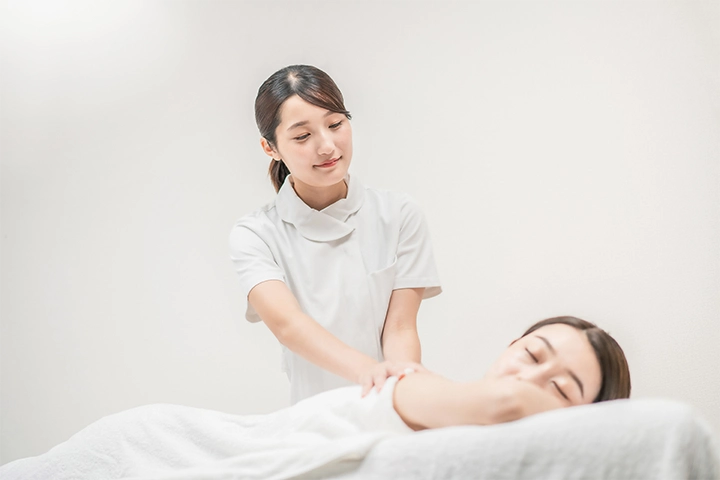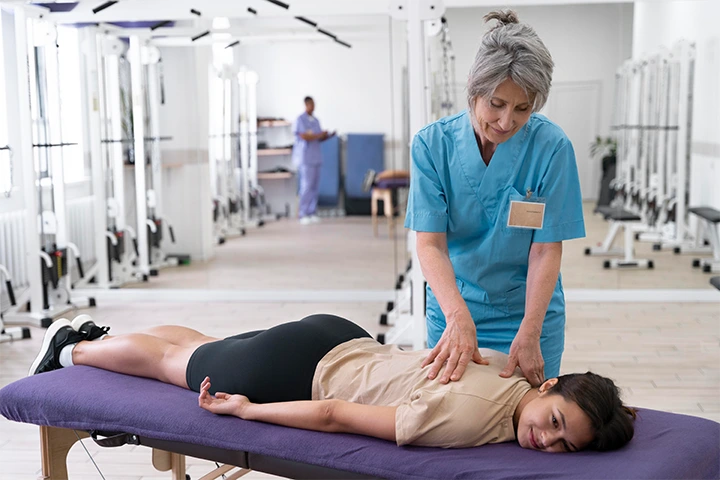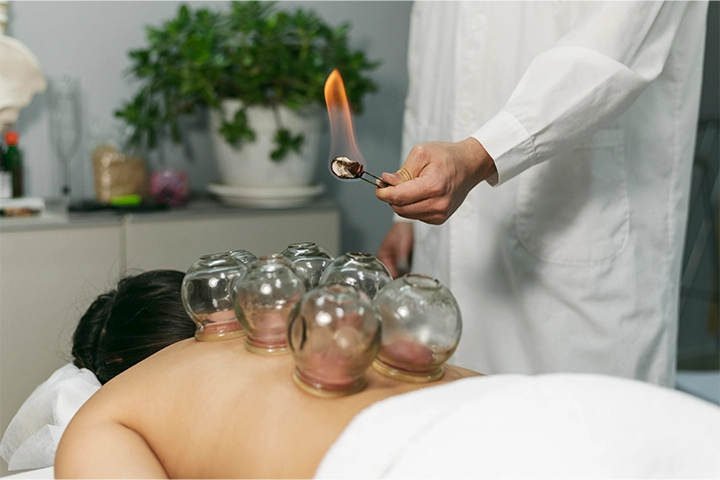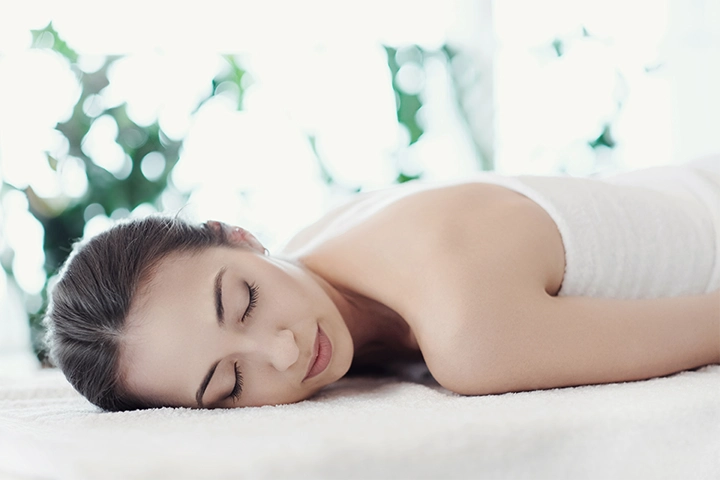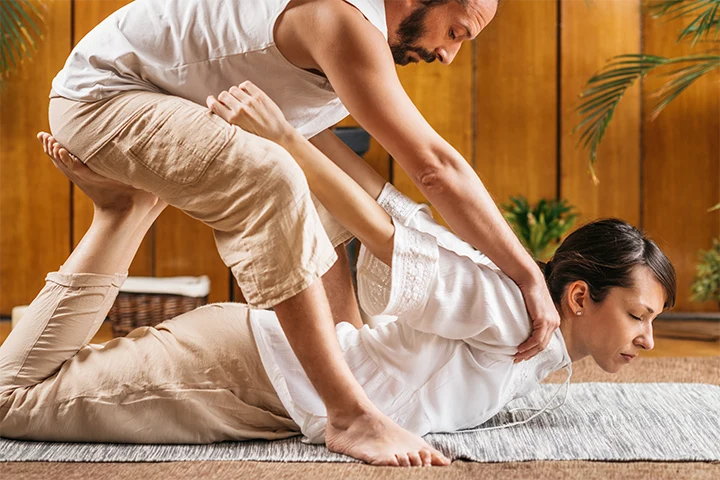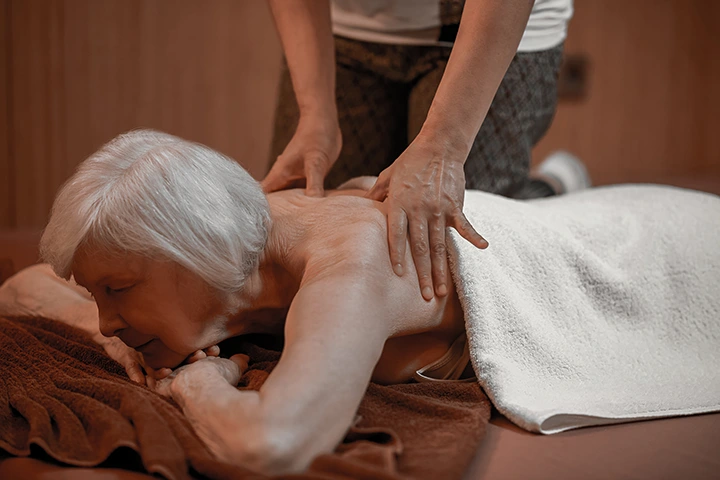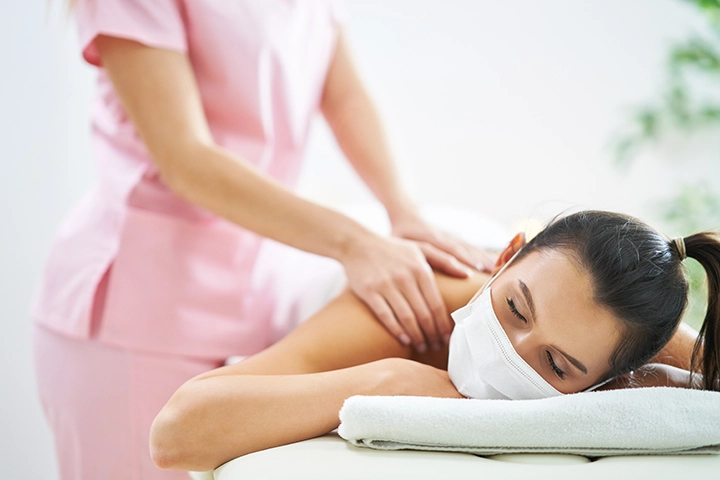Aromatherapy: Do Essential Oils Really Work?
Essential oils have gained widespread attention for their potential to help with everything from headaches and insomnia to sore throats and stress. But do these concentrated plant-based oils work?
When used safely, essential oils can positively impact your well-being. If you’re curious about trying them, understanding their uses, benefits, and how to select quality products is crucial—since not all essential oils are created equal.
What Are Essential Oils?
Essential oils are concentrated plant extracts derived through steaming or pressing parts of plants—such as flowers, bark, leaves, or fruit—to capture their fragrance-producing compounds. It often takes several pounds of plant material to produce a single bottle of essential oil.
Beyond their scents, essential oils serve functional roles in plants, such as attracting pollinators or deterring pests.
What Is Aromatherapy?
Aromatherapy involves using essential oils for therapeutic purposes. This practice dates back centuries and has been used to promote physical and emotional health.
When inhaled, the scent molecules in essential oils travel through the olfactory nerves to the brain, particularly affecting the amygdala, the brain’s emotional center. Essential oils can also be absorbed through the skin, making them versatile in their applications.
For instance, massage therapists may add a drop of wintergreen oil to help relax tight muscles, or skincare companies might include lavender oil in bath salts for a calming soak.
What Are Essential Oils Good For?
While essential oils are often promoted as natural remedies for various ailments, research on their effectiveness is still evolving. Some lab studies have shown promising results, such as a Johns Hopkins study that found certain essential oils could kill Lyme bacteria better than antibiotics. However, clinical trials in humans have shown mixed outcomes.
Essential oils have been studied for their potential to alleviate symptoms associated with:
- Anxiety
- Depression
- Nausea
- Insomnia
- Low appetite
- Dry mouth
How to Use Essential Oils Safely
The quality of essential oils can vary widely, from pure oils to those diluted with less expensive ingredients. Labels may not always accurately reflect the contents, as there is little regulation in this market.
To use essential oils safely:
- Avoid ingestion: Essential oils should not be consumed, as they can be toxic.
- Be cautious with diffusers: While diffusers create a scented vapor, they may affect people differently. For example, peppermint oil can cause agitation in young children or adverse reactions in individuals with certain conditions like a fast heartbeat.
Safer Alternatives for Using Essential Oils
- Aromatherapy accessories: Wearable items like necklaces or bracelets infused with essential oils.
- Body oil: Mix essential oils with carrier oils (e.g., olive, jojoba, or coconut) for skin application. Avoid using undiluted oils directly on the skin to prevent irritation.
- Aroma sticks: Portable inhalers with absorbent wicks soaked in essential oils, offering a controlled and convenient option.
Which Essential Oils Are Best?
The “best” essential oil depends on your goals and scent preferences. Here are some popular choices:
- Lavender oil: Known for its calming properties, lavender is often used to reduce stress, anxiety, and promote better sleep.
- Tea tree oil: Traditionally used by Australia’s Aboriginal people for wound healing, it’s now popular for treating acne, athlete’s foot, and insect bites.
- Peppermint oil: May alleviate irritable bowel syndrome (IBS) symptoms when taken as an enteric-coated capsule (from a trusted provider) and can reduce tension headaches when applied topically.
- Lemon oil: Its fresh, citrus scent is a mood booster and is also a common ingredient in homemade cleaning products.
Final Thoughts
Essential oils can uplift your mood, relax your body, and may even help ease certain health symptoms. However, it’s important to use them safely and choose quality products. For personalized advice on incorporating essential oils into your wellness routine, consult an integrative medicine expert.
References
- Johns Hopkins Medicine: Aromatherapy: Do Essential Oils Really Work? (Dec 26, 2024)

